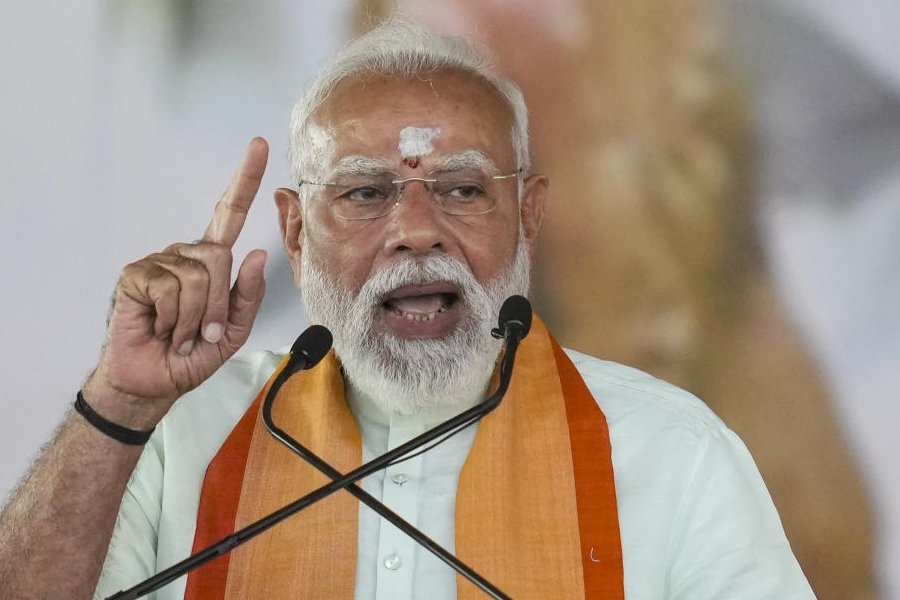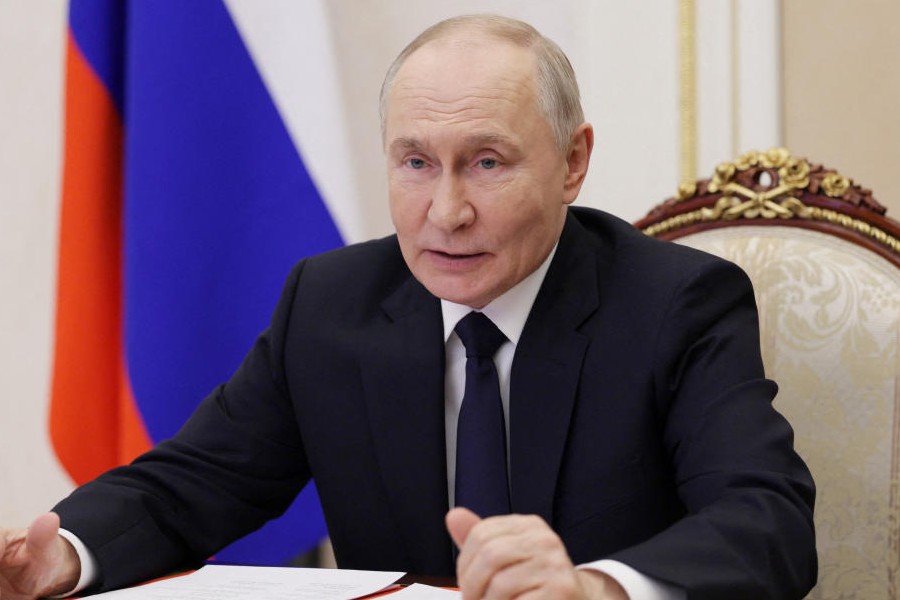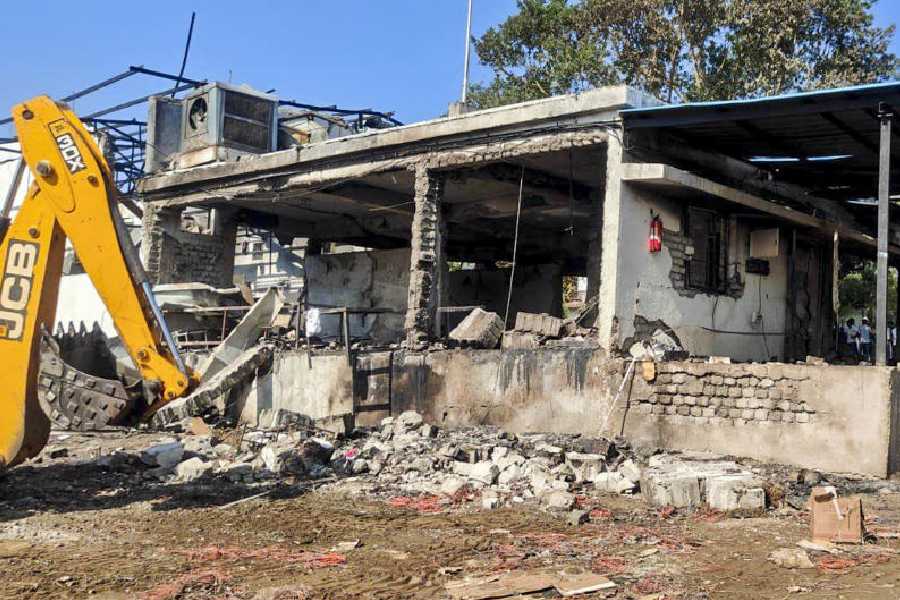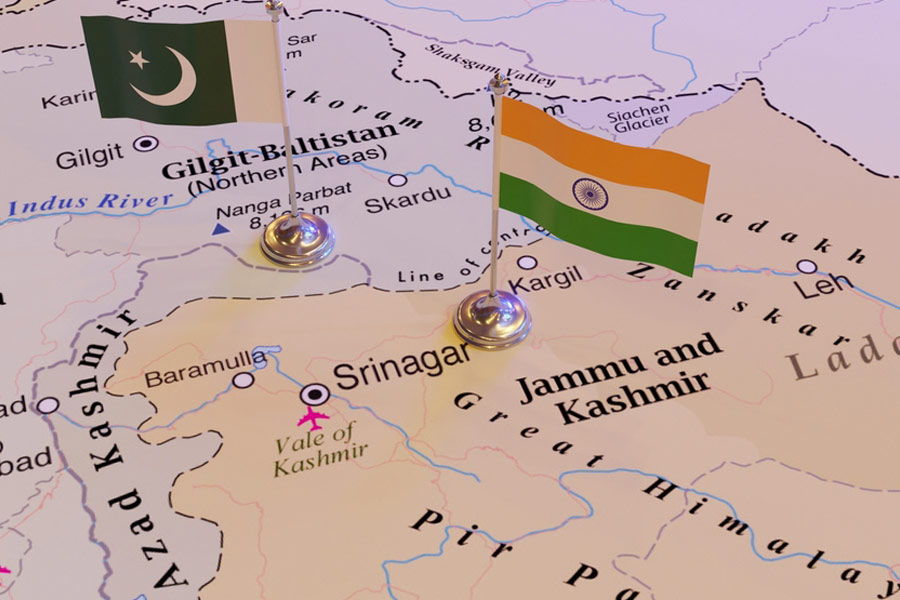 |
London is the most expensive city in the world, or does that title belong to Tokyo? One reads different things at different times in different newspapers, but the fact is that, not living in Tokyo, I don’t care about Tokyo. All that matters to me and a few million of my fellow Londoners is that London is preposterously expensive, the metropolis of rip-off. Large segments of it are now beyond the financial reach of the natives. This is more than a matter of house prices: shops, cars, the kind of people you see on the street — whole social landscapes have changed and now smell of the money that most Londoners don’t have. I can’t be counted among the poor. I own a house and a car, I go abroad on holidays, I eat sometimes in restaurants: I lead a middle-class life. But when I leave my home in north London and travel west to, say, Chelsea, Kensington or Notting Hill, I realize I have reached a part of the city that is no longer intended for me and people of my economic class. Of course, something of that other-wordly feeling was always present in places such as Mayfair and Belgravia, where old British or new Arab money bought its houses and flats. But 30 years ago when I lived for a time in Notting Hill I felt reasonably at home there: it hadn’t filled with Porsches, hedge-fund managers, American bankers, corrupt Russians who cleaned up when the Soviet state collapsed. Now when I go west, I enter a different city. Walking down Holland Park Avenue the other day, watching nannies steer the children of the rich towards the cake shops, I thought this must have been how South Calcutta (the ‘White Town’) would have seemed to an inhabitant of Bow Bazar (the ‘Black Town’) in the 19th century. He could marvel at Chowringhee — all those horse-drawn carriages and English ladies with parasols! — but the prices and the people there would indicate that, in his status as a humble native, it was not for him. Perhaps when he got home he would say to his wife, “The money! I just can’t believe the money they have over there!” Which is what I sometimes say to mine when I get back home on the Central Line.
**** ****
This is the price that London pays for its role (and these are the words of the IMF) as an ‘off-shore tax haven.’ Perhaps it is worth paying. The City of London is (arguably, to a New Yorker) the world’s leading hub of international finance and the British economy would be impoverished without its banks and trading floors. At one time, the City’s prominence was explained by its imperial history, the dominance of the English language, and the fact that it bridged the gap in the time zones between Wall Street and Japan. Then in the late Eighties came the Thatcher government’s ‘Big Bang’ and City deregulation. Stock-brokers ceased to be bowler-hatted gentlemen who took three-hour lunches and were always out of the office in time to catch the 5.15 to Weybridge. Younger, snappier, more hard-working traders took over. A tide of foreign money washed in, attracted by a regulatory regime that was ‘lighter’ (that is, less exacting) than New York’s, followed by large numbers of wealthy individuals who found Britain’s income-tax laws equally attractive. The last is a complicated and highly contentious subject, but, briefly, if a potential tax-payer can demonstrate that he or she is not truly domiciled in Britain then they can avoid taxation on their foreign income. The semantics are interesting. Being ‘non-domiciled’ does not mean ‘not living in’: rather it means the opposite — it means living in Britain but somehow proving that the country you really belong to lies elsewhere. So, for example, if you were born in Russia and can demonstrate that you will eventually return there (even after death, in a box), you can become a ‘non-dom’, though you may well have a flat in Mayfair and a country estate in Wiltshire and split all your time between the two. As a lawyer once explained it to me, the arguments for non-domicile are “a peculiar mixture of fact and intent”. Fact: “Despite my English country houses, I still retain a flat in Omsk or possibly Tomsk.” Intent: “My heart belongs to Russia, and as you will see my will shows that I intend to be buried there.” Proving all this, and making sure that your foreign income can be retrieved from trust funds in places such as the Channel Islands or the Bahamas, is a task that requires rafts of lawyers and accountants. Neither the USA nor Britain’s neighbours in the EU have an equivalent to the ‘non-dom’— the usual division is between citizens and temporary residents — and the inequity in Britain is obvious. Most of us pay income tax, with a top rate of 40 per cent: this may be a sentimental example, but on average a nurse will see a quarter of her salary vanish to the government, while the non-dom, who may be under her hospital care, earns his millions tax-free. The nurse will be lucky to live in a one-bedroom flat, while the non-dom relaxes in the ballroomed splendour of the Villa Omsk (Wiltshire). When people in Britain began to have some slow understanding of what was going on — and it took a long time — their dismay was understandable. Opportunely, the Tory party promised to amend the rules so that non-doms would pay £35,000 as a one-off sum in lieu of tax, which to the wealthy is nothing. Then the Labour government that has presided over the system for the past 11 years looked rather shame-faced and copied the Tory idea. A truthful politician might say, “We know. It’s absurdly unfair and unjust, but you’ll just have to live with it. Our economy depends on it. We need these people to spend their money here and we don’t want them to bugger off to the Bahamas or relocate HQ to Frankfurt. That’s the kind of country we’ve become — butlers to the world! So sorry!” No politician will say that; the Labour Party, especially, is too craven. But many of us suspect it to be the truth.
**** ****
How many wealthy Indians are non-doms? I have no idea, but I imagine quite a few. Twenty or 30 years ago, notably rich Indians in London could be counted on one hand. There was Swraj Paul and the people Swraj Paul didn’t like: the Hinduja brothers. Both were contextualized by India and its politics. No matter that they could claim to be global businessmen, the questions that usually surrounded them concerned their relationship to Mrs Gandhi, Rajiv, the coffers of the Congress and their role, if any, in Indo-British relations. They were easy, and sometimes fun, to meet. The Hindujas would throw big parties at Diwali, setting out food and drink that must have trespassed their own dietary traditions and enticing substantial politicians (Ted Heath, John Major) into what it might be wisest to call their sphere of influence. One could never accuse them of indirectness. Once when I met a Hinduja (S.P., I think) he asked me if I had ever considered writing a biography. Which subject did he have in mind? “We are looking for a biographer to tell our story,” he said, and I knew at once that any interest on my part would bind me to the breasts of the Hindujas with hoops of steel forever (though the money might have been good).
But all this, as I say, happened in another age, when Indians were not expected to be rich and the few who were therefore had an aura of mystery and intrigue. Those days have gone. Last week, I asked a local estate agent if he believed that ‘international’ buyers would hold up the London housing market, which thanks to British over-borrowing and the crisis in Wall Street is now perched on the edge of a precipice. “It won’t hold up the price of houses like yours,” he said. “Russians only go for stuff over five million.” And then he corrected himself. “Actually, not Russians, there are more and more Indians these days.” We both knew what he meant: not Indians in the sense of the old migrant communities that have grown up in Britain over the past 50 years, but Indians fresh from their first-class flights, prospecting for mansions in St John’s Wood and Kensington or maybe a rural Elizabethan manor with stables. In Bond Street just before Christmas I discovered a small but interesting example of how this new breed of Indian is changing native taste. I went into Lalique, the store that sells expensive French crystal of that name, to ask how business was (journalistic research; Lalique crystal isn’t for me). Well, business was quite good despite all this talk of recession. One of their new lines was doing particularly well, the manager said, and went to the shelves stocked with Greek-looking nymphs and 18th-century flowers and there pulled out a little crystal Ganesh. “We do this other one, too,” she said, and Lakshmi appeared. Lalique has just started making them — small items, bon-bons really, and only £300 a piece, which according to my exchange rate equals Rs 24,000. The manager said, “In Mumbai I’m told they give them as stocking-fillers.” The economic balance of the world is changing faster than we know, and to live in London is to feel its reorientation.











